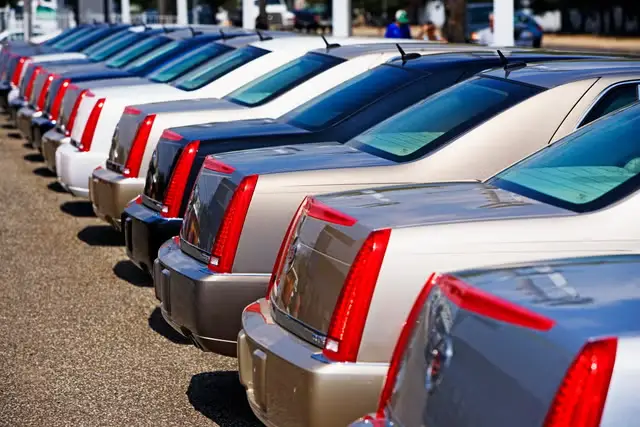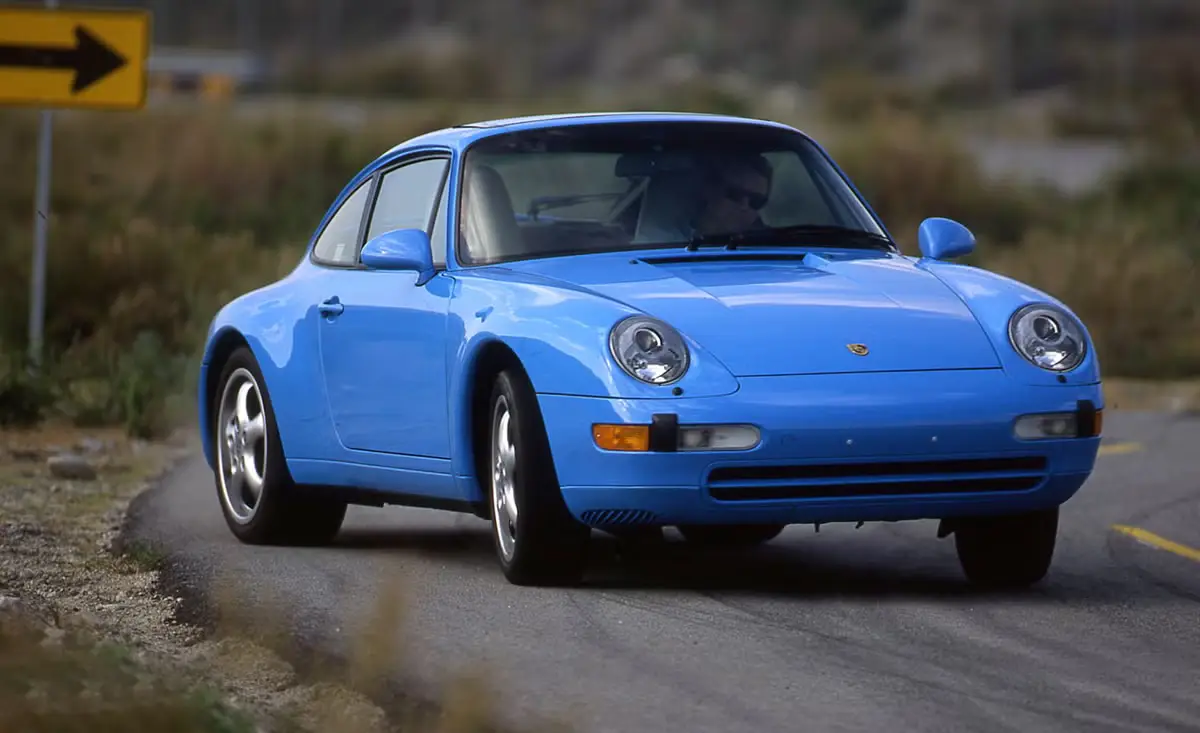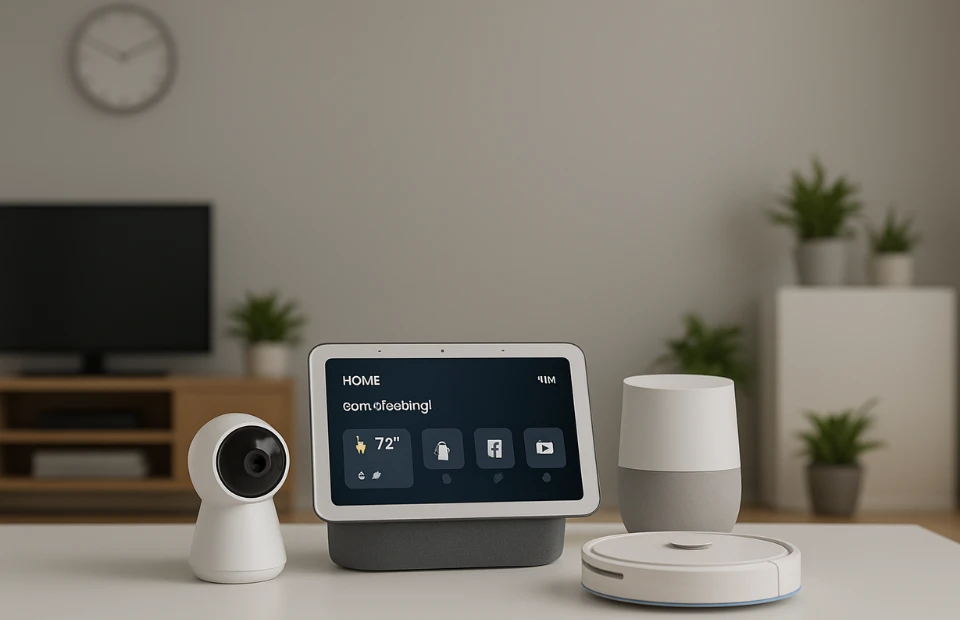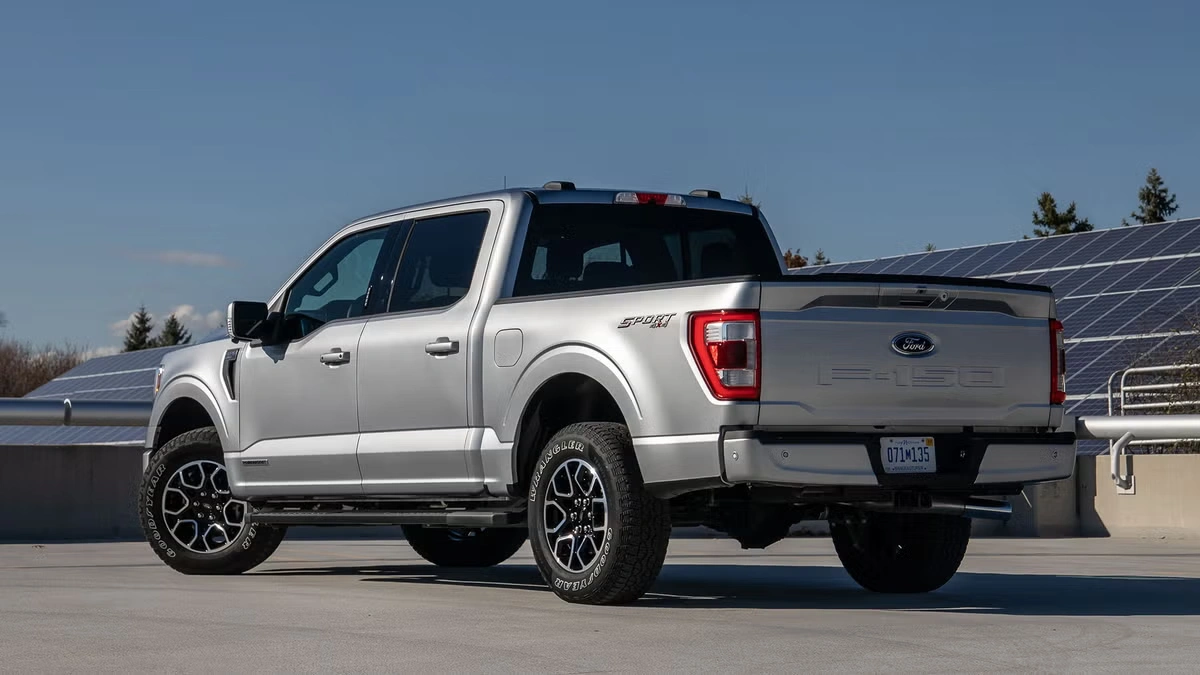Buying a new car is thrilling, but nothing brings you back to reality faster than seeing the final price tag—especially when it includes the dreaded taxes and fees. If you’re purchasing a vehicle in the Tar Heel State, one of the most important figures to understand is the North Carolina sales tax on new cars. However, NC doesn’t actually charge a traditional sales tax on motor vehicles. Instead, they charge something called the Highway Use Tax (HUT). This distinction is crucial for every prospective car owner in North Carolina.
The Highway Use Tax is effectively North Carolina’s version of a sales and use tax for motor vehicles, and it applies to every single vehicle title transfer within the state, whether you’re buying a brand-new sedan, a pre-owned truck, or even a classic motorcycle. Understanding how this tax is calculated, when it applies, and how to budget for it is the key to a stress-free car-buying experience.
Table of Contents
ToggleNorth Carolina Motor Vehicle Fee Summary
This table provides a concise breakdown of the key fees associated with purchasing and owning a new vehicle in North Carolina, clarifying the components often confused with the North Carolina sales tax on new cars.
| Fee Type | Rate/Amount | Purpose | When Paid |
| Highway Use Tax (HUT) | 3% of Retail Value | NC’s Motor Vehicle “Sales Tax” | At Title Transfer (Purchase/Trade) |
| HUT Maximum Cap | $2,000 | Maximum Tax on the Purchase | At Title Transfer (Purchase/Trade) |
| HUT Reduced Rate | $40 Flat Fee | Certain Family/Corporate Transfers | At Title Transfer (Special Cases) |
| Title Fee | $56.00 | Fee for Issuing a New Title | At Title Transfer |
| Registration Fee | $38.75 (Passenger Cars) | Annual License Plate/Tag Fee | At Title Transfer & Annually |
| EV Annual Fee | $140.00 | Additional Fee for Electric Vehicles | Annually with Registration Renewal |
| New Resident HUT | $20.00 | Initial Fee for Vehicle Importation | First-time NC Registration |
| Property Tax (Ad Valorem) | Varies by County Rate | Annual County/Local Property Tax | Annually (After First Year) |
| Dealer Documentation Fee | Varies (e.g., $400 – $800) | Dealer’s Cost for Paperwork Processing | At Purchase (Dealer Only) |
| Lien Recording Fee | $42.00 | Fee to Record a Loan/Lien | At Title Transfer (If Financing) |
The Highway Use Tax (HUT) NC’s Answer to the Sales Tax
What is the Highway Use Tax (HUT)?
When most people ask about the North Carolina sales tax on new cars, what they are really asking about is the Highway Use Tax (HUT). This is a one-time tax levied when you apply for a North Carolina title for a vehicle. The funds generated from the HUT are primarily dedicated to funding the construction, repair, and maintenance of the state’s highways, roads, and bridges—hence the name!
- Key takeaway: Don’t look for a 7% or 8% sales tax rate like you might see in some states. The NC system is unique and based on the vehicle’s value.
How the Highway Use Tax is Calculated
The calculation for the HUT is relatively straightforward, but it’s important to know the current rate and the maximum cap.
The rate for the Highway Use Tax on a new car (or any vehicle subject to a title transfer) is 3% of the vehicle’s retail value.
- What is ‘Retail Value’? For a new car, the retail value is typically the total purchase price, including any trade-in difference but before deducting any manufacturer rebates. It’s the total amount of money you are essentially spending on the vehicle.
- The Maximum Cap: And here’s the good news: the HUT is capped! The maximum amount you will ever pay for the Highway Use Tax on a single new vehicle purchase is $2,000.
This cap is a huge benefit for buyers of high-value luxury or performance vehicles. Let’s look at a simple scenario:
Example: You buy a new car for $65,000.
- The 3% rate on $65,000 is $1,950 ($65,000 x 0.03). Since $1,950 is under the $2,000 cap, your total HUT payment is **$1,950**.
Example 2: You buy a luxury SUV for $120,000.
- The 3% rate on $120,000 is $3,600 ($120,000 x 0.03). Since $3,600 is over the $2,000 cap, your total HUT payment is capped at **$2,000**.
This structure ensures that everyone contributes to road maintenance, but it places a defined limit on the burden for expensive vehicles, making the effective North Carolina sales tax on new cars a great deal for high-end buyers.
The Role of Your Trade-In
One common question is how a trade-in affects the North Carolina sales tax on new cars (the HUT). Unlike some other states, North Carolina does not deduct the value of a trade-in vehicle before calculating the HUT.
The tax is calculated on the total purchase price of the new car, regardless of any trade-in allowance you receive.
- Example: If your new car costs $30,000 and you trade in your old car for $10,000, you only pay $20,000 out-of-pocket. However, the HUT is calculated on the full $30,000 purchase price.
This is a critical detail that buyers often overlook when budgeting, leading to a surprise at the dealership’s finance desk. Always calculate the 3% (up to $2,000) on the sticker price of the new vehicle.
Beyond the Purchase: Other Key Facts
HUT on Transfers and Leases
The Highway Use Tax isn’t just for that exciting day you drive a new car off the lot. It applies anytime a title is transferred:
- Used Cars: The same 3% rate applies to used cars, based on the purchase price or the fair market value, whichever is greater.
- Gifts: If a car is gifted, a minimum HUT of $15 is due. This prevents people from selling a car for a dollar just to avoid the tax.
- Leases: When you lease a vehicle in North Carolina, the leasing company pays the HUT upfront, and that cost is typically rolled into your monthly payments. If you decide to buy the leased car at the end of the term, you will owe an additional $40 in HUT upon the title transfer from the leasing company to you. This is a significant difference from the main North Carolina sales tax on new cars calculation, offering a huge break to lease-to-buy customers.
When Do You Pay the Tax?
You pay the Highway Use Tax when you title and register the vehicle with the North Carolina Division of Motor Vehicles (NCDOT). When you buy a new car from a franchised dealership, they will handle all the paperwork, collect the HUT and other fees from you, and submit them to the NCDOT on your behalf. This is part of the convenience you pay for when buying from a dealer. If you purchase from a private seller, you are responsible for going to the NCDOT license plate agency and paying the HUT, title fee, and registration fees yourself.
When You Don’t Pay the Full Tax
While the Highway Use Tax is widely applied, there are a few scenarios where the tax is reduced or exempt. Knowing these can potentially save you a significant amount of money.
💵 $40 Reduced Tax Transfers
In certain situations, the HUT is reduced to a flat $40 fee instead of the full 3%. This is not an exemption from the North Carolina sales tax on new cars entirely, but it is a massive reduction. These transfers typically involve scenarios where the car is staying within the family or moving between legal entities without a genuine change in ownership.
Common examples include:
- A transfer between spouses, parents/children, or siblings.
- A transfer to a surviving spouse or heir upon the owner’s death.
- A corporate restructuring where the vehicle moves between related business entities.
🚫 Full Tax Exemptions
There are very few ways to completely escape the tax, but some key exemptions exist:
- Governments and Non-Profits: Vehicles titled to the federal, state, or local government, or certain qualifying non-profit organizations, are exempt.
- Inherited Vehicles: If a title is transferred by a will or intestacy, the tax can be waived, provided the vehicle is being transferred to the beneficiary.
The Bottom Line on the North Carolina Sales Tax on New Cars
Navigating the financial landscape of buying a new vehicle in North Carolina doesn’t have to be confusing. By replacing the term “North Carolina sales tax on new cars” with the official Highway Use Tax (HUT), you immediately gain clarity.
The 3% rate, coupled with the generous $2,000 cap, makes North Carolina a remarkably competitive state for new vehicle purchases, especially for those considering a more expensive model. Just remember the crucial details: the tax is on the gross purchase price (no trade-in deduction) and the cap is your friend. Understanding these nuances ensures that the only surprise you encounter when you sign the papers is how smoothly the process went. By budgeting for the HUT, along with the title, registration, and potential property tax, you can confidently drive off the lot knowing you’ve mastered the ins and outs of vehicle taxation in the Tar Heel State. For more official information, you can always check the North Carolina Department of Transportation (NCDOT) vehicle tax page.
FAQs About North Carolina Sales Tax on New Cars
Q1: Is there a separate local sales tax on cars in North Carolina?
No. Unlike the standard retail sales tax in North Carolina, which has both a state rate (4.75%) and local county rates (up to 2.25%), the Highway Use Tax (HUT) is a state-only tax. It’s a fixed 3% (up to the $2,000 cap), and no county or municipality adds a separate local tax to the new car purchase price.
Q2: Does the North Carolina sales tax on new cars apply to electric vehicles (EVs)?
Yes, absolutely. An electric vehicle is still a motor vehicle, and its title transfer is subject to the same 3% Highway Use Tax, capped at $2,000. North Carolina also has a separate annual registration fee for electric vehicles, which is currently an additional fee of $140 (as of 2024), paid when you renew your registration, to help offset lost gas tax revenue.
Q3: What other fees should I budget for besides the HUT?
When you buy a new car in North Carolina, you’ll also need to budget for:
- Title Fee: A flat fee (currently $56).
- Registration Fee: This is the annual tag renewal fee, which varies depending on the vehicle type (e.g., $38.75 for a standard private passenger car).
- Property Tax: After your first year, you will receive a bill for the ad valorem (property) tax, which is assessed annually by the county where you live. This is paid separately from the HUT.
- Documentation Fee (Dealer Only): Dealerships charge a “doc fee” for processing paperwork. This is highly variable but often ranges from a few hundred dollars up to around $800.
Q4: What if I move to North Carolina with a car I already own?
If you move to North Carolina and already own a car that has been titled and registered in another state, you only owe a minimal $20 initial registration fee and the regular title fee (currently $56). You are exempt from paying the 3% Highway Use Tax when you transfer your title for the first time as a new resident, provided you can show proof of prior ownership in another state. This is a huge financial relief for new residents!
I’m Waqas, an electric vehicle enthusiast and tech writer with over 6 years of experience covering the EV industry. I write in-depth articles, comparisons, and reviews to help readers understand the fast-evolving world of electric mobility. From battery technology to EV launches and charging trends, I aim to make complex EV topics simple, engaging, and informative for everyday drivers and curious readers alike.






